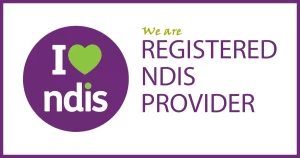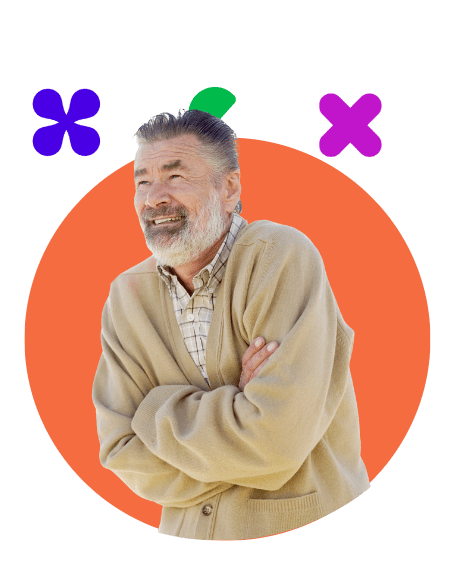
Therapy aims to help you discover yourself, your body-mind connection and your inner values to build a life that is meaningful to you.

Our modalities change depending on your needs. All the psychological approaches we use are client-centred, research-based, and scientifically validated.
As a researcher with a long academic career, Dr Marranci has access to the latest research and methodologies and understands how to apply these to your situation.

Dr Richard Schwartz, the founder of IFS therapy, observed that the mind works as an internal family. So he began adapting approaches he typically employed with families to individuals.
IFS acknowledges that we all have parts within ourselves with varied aims and motives; they have varying levels of maturity, excitability, wisdom, and suffering.
IFS holds that every part has a benevolent intention for the individual, even if the part’s actions or effects are self-defeating or produce dysfunction.
IFS also suggests that humans have a core centre (Sef) beneath all the parts. So often, the parts, particularly injured ones, have forgotten the existence of the Self when the client access the Self; its healing traits of enquiry, connectivity, compassion, and tranquilly help to resolve the deep roots of the psychological suffering.
IFS is a very powerful and effective evidence-based therapy. With our IFS-informed approach, we can assist the client in disentangling themselves from their parts and accessing the Self. Doing so connects and heals each part, which can let go of their destructive roles and enter into a harmonious collaboration under the supervision of the client’s Self.
Learn more about Internal Family Systems (IFS): access our E-guide for further information.







Psychology professor Steven Hayes and colleagues developed ACT in 1986. He began by exploring how language and thoughts influence our internal experiences.
Suffering is painful, so we often try to avoid it or distract ourselves from it. However, Hayes saw suffering as a normal part of human experience and believed we needed to engage with it rather than run away – to accept the situation and commit to helpful actions.
ACT is a therapy based on the tradition of empirical science with a strong emphasis on values, forgiveness, acceptance, living in the present moment, and self-compassion.
It places a significant emphasis on psychological skills for enhancing life and involves paying attention with openness, curiosity and flexibility.
ACT utilises a mix of metaphor, paradox, and mindfulness skills, along with experiential exercises and values-guided behavioural interventions.













Somatic psychotherapy is a holistic approach that incorporates your mind, body, spirit, and emotions in the healing process.
Recent neuroscientific discoveries show that our thoughts, feelings and bodily experiences inextricably connect to what we can call the body-mind nexus. Put another way, your body holds on to traumatic experiences, just as your mind does. Somatic psychotherapy is a way to help you release those feelings.
Dr Peter Levine (founder of Somatic Experience) and Dr Pat Ogden (founder of Sensorimotor Psychotherapy) have pioneered somatic approaches, using an integrative body-mind approach that helps clients access trauma and sufferings embedded in the body.
Soma is a Greek word that means ‘the living body. Therefore, working on the body enables us to access the deepest level of neuroplasticity and neuro-brain connections to bring the changes needed for a fulfilled life.














Polyvagal-informed therapy is a treatment approach based on the polyvagal theory developed by Dr Stephen Porges.
This theory proposes that the autonomic nervous system (ANS) plays a crucial role in shaping our lived experiences and ability to connect with others. The ANS is constantly on guard, scanning for safety and danger cues, and operates mainly outside our conscious control. Dr Porges coined the term “neuroception” to describe this process of detecting threats and risks without involving the thinking parts of the brain.
According to the polyvagal theory, the ANS is divided into three branches: the mobilization system, the disconnection system, and the social engagement system. The mobilization system is activated in response to threats and helps us to fight or flee. The disconnection system is activated in response to extreme stress or trauma and helps us shut down and dissociate from the environment. Finally, the social engagement system is activated when we feel safe and connected, allowing us to engage in social interactions and build relationships.
Polyvagal-informed therapy aims to help individuals understand and work with their own ANS patterns and responses to improve their social connections and overall well-being. By providing a neurophysiological framework for understanding behaviour, the polyvagal theory can also offer a sense of compassion and understanding for individuals struggling with psychological issues.







© 2022 Act Right Now Counselling.
All rights reserved.